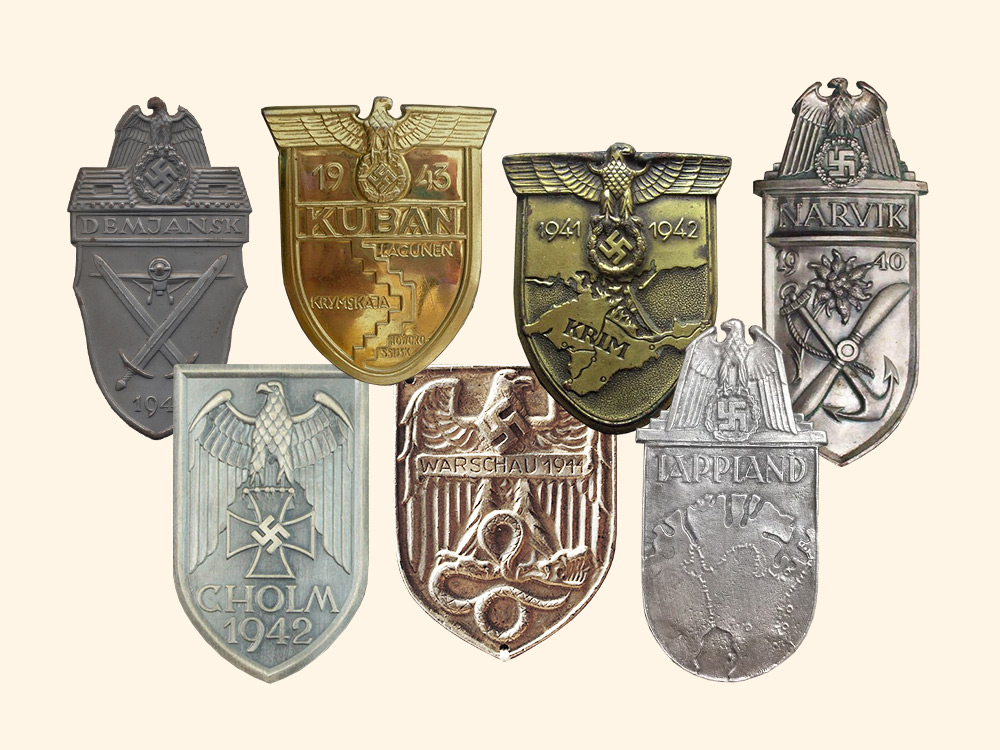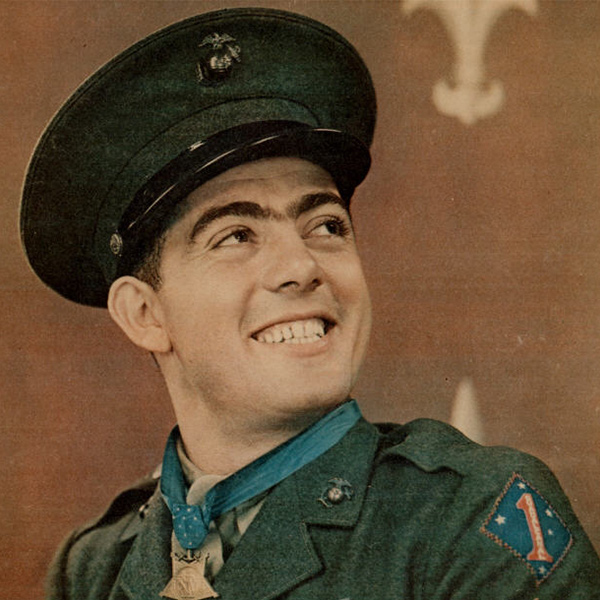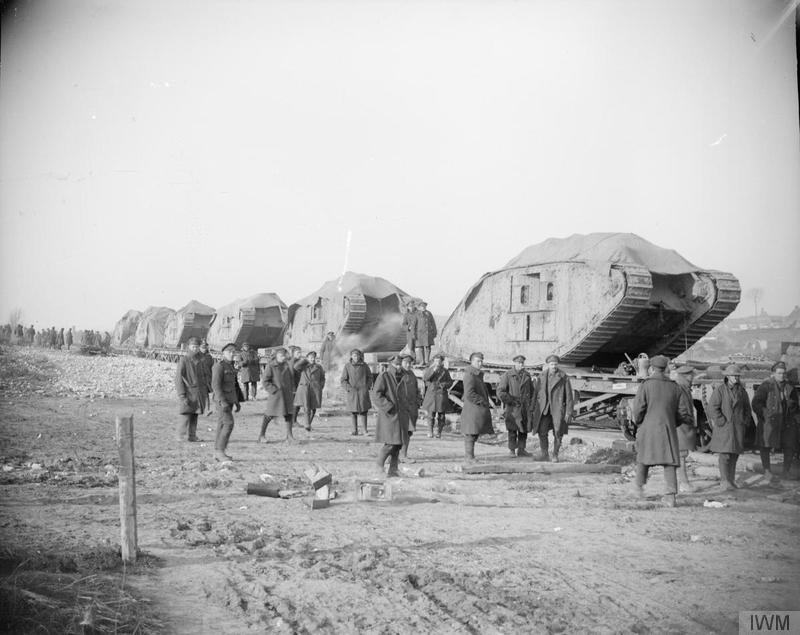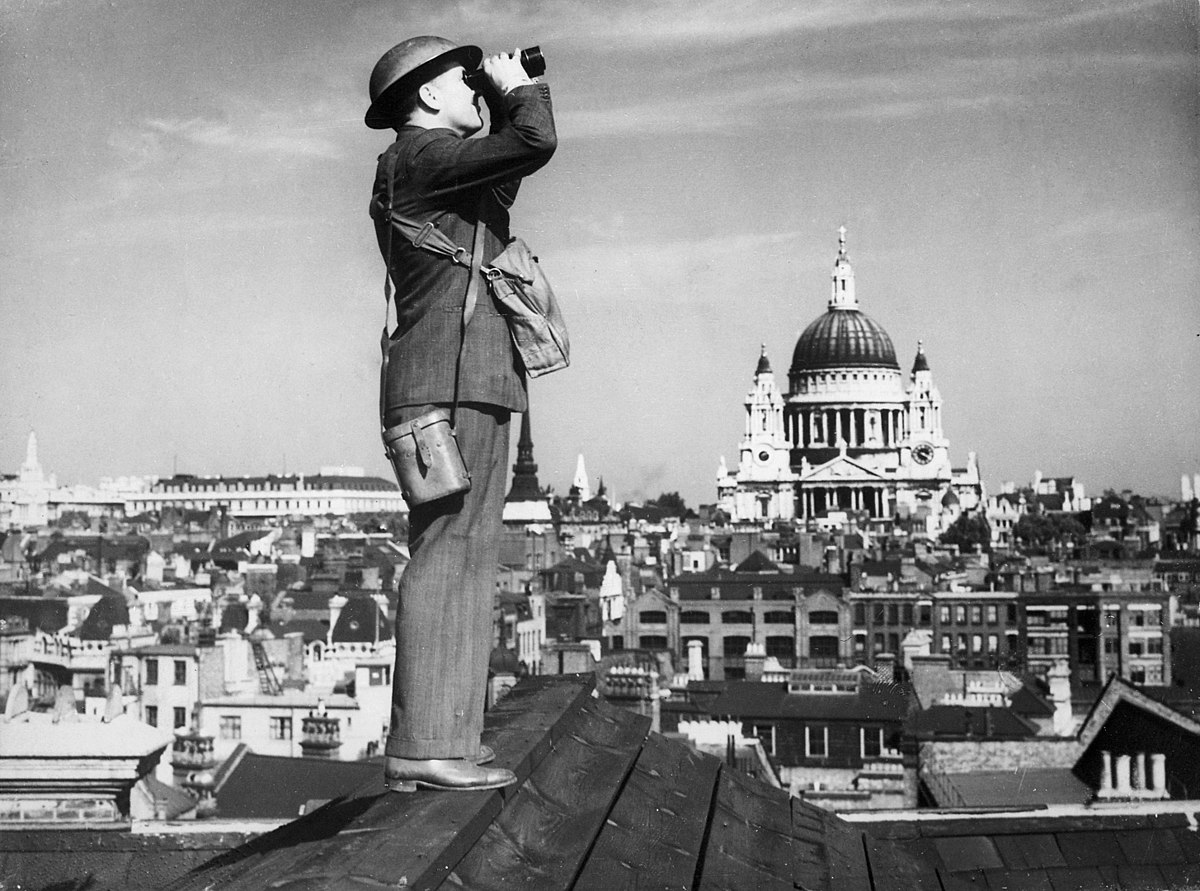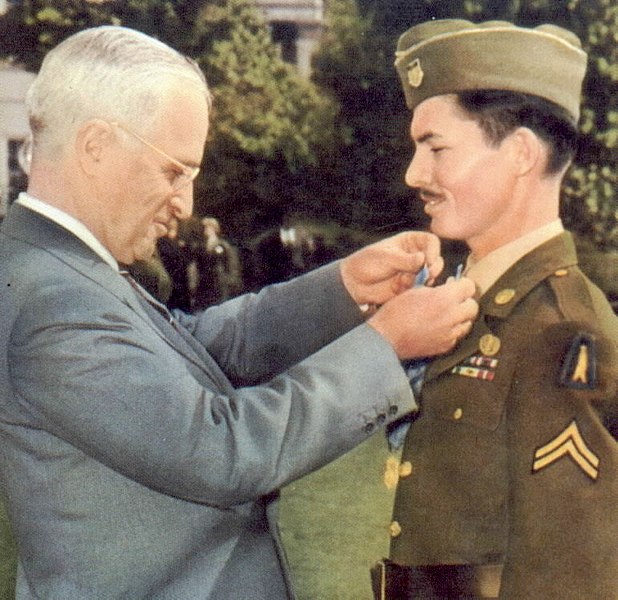The Third Reich Campaign Shields were a series of military decorations worn on the sleeves of uniforms during the Second World War. These badges denoted participation in specific military campaigns or battles and featured symbols, dates, or names associated with them. Let’s explore what they looked like and the battles they represented.
All The Campaign Shields
From The Third Reich
Campaign shields were awarded to members of the Wehrmacht (the unified armed forces of Nazi Germany from 1935 to 1945). These shields are usually made of fabric or embroidered onto fabric patches. In some cases, they may be made of metal or other materials for more formal or ceremonial purposes.
Ärmelschilde Design and Symbolism
Campaign shields featured symbols, names, or dates associated with the campaign or battle they represented. For example, the Crimea Shield (which was awarded for participation in the Crimean campaign during WW2) features the word “Krim” (German for Crimea) prominently displayed on the obverse, as well as a map of the region and the dates of the campaign. It also features the Wehrmacht eagle associated with the military forces of the country.
The Nazi campaign shields served as a form of recognition and honor for individuals who had participated in specific military campaigns or battles. They could also serve as a means of unit cohesion and identity, with members of the same unit often wearing identical or similar shields to signify their shared experiences and achievements.
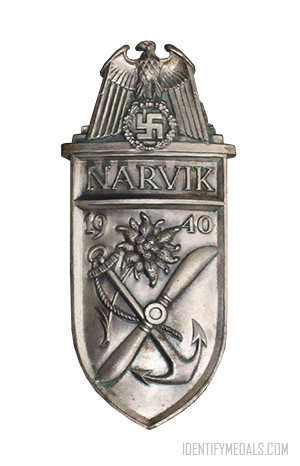
The Narvik Shield
The Narvik Shield (Narvikschild) is a WW2 German military decoration awarded to German forces that took part in the battles of Narvik.
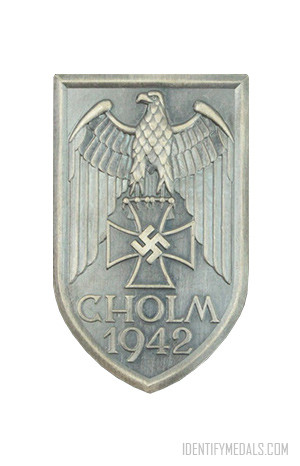
The Cholm Shield
The Cholm Shield (Cholmschild) is a World War II German military decoration awarded to those who fought in the Cholm Pocket.
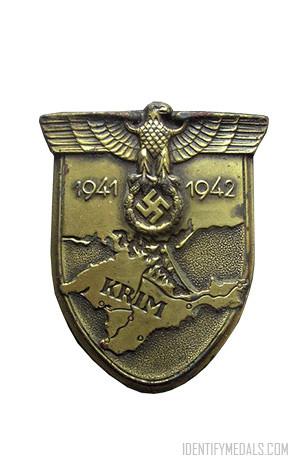
The Crimea Shield
The Crimea Shield (Krimschild) is a WW2 German military decoration awarded to military personnel who fought against Soviet Red Army forces.
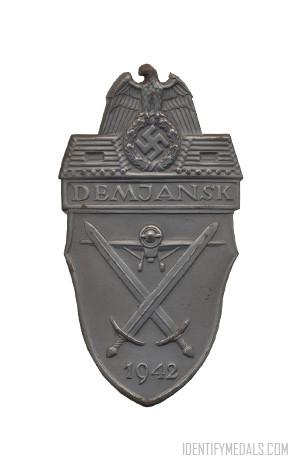
The Demyansk Shield
Demyansk Shield is a World War II German military decoration awarded to military personnel who fought in the Demyansk pocket.
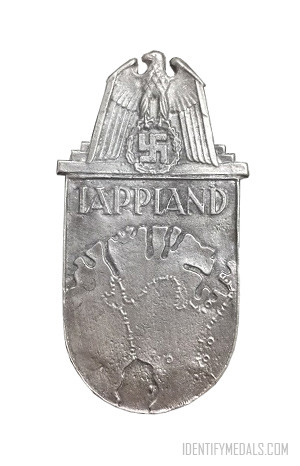
The Lappland Shield
The Lappland Shield (Lapplandschild) is a World War II German military decoration awarded to military personnel who fought in Lapland.
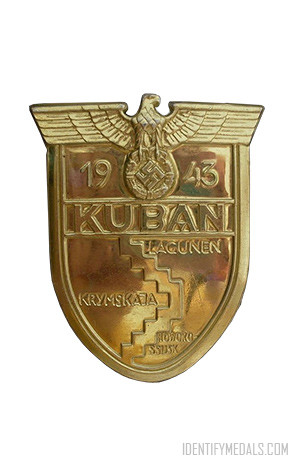
The Kuban Shield
The Kuban Shield is a World War II military decoration awarded to those who fought at the Kuban bridgehead in the Soviet Union.
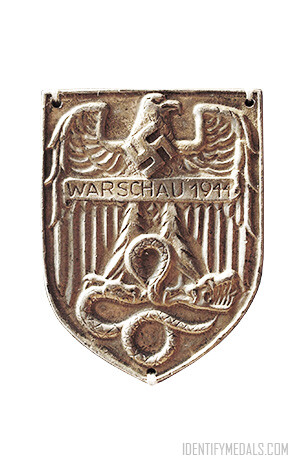
The Warsaw Shield
The Warsaw Shield (Ärmelschild Warschau) is a German military decoration for those who took part in the suppression of the Warsaw uprising.
Projected Campaign Shields
(Unofficial or Discontinued)
During the Third Reich, there wee other campaign shields that were projected but never instituted, manufactured, or awarded. These include the Stalingrad Shield (planned for a victorious Stalingrad battle) and the Balkans Shield (for battles in the Balkans in 1944-1945).
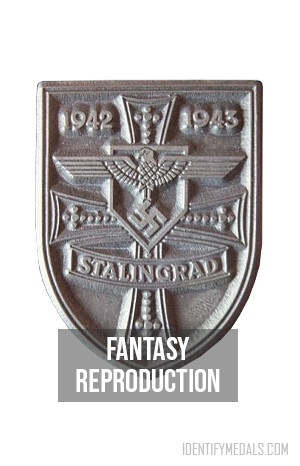
The Stalingrad Shield (Projected)
The Stalingrad Shield (Stalingradschild) was a projected WW2 Third Reich decoration planned for participants in the Battle of Stalingrad.
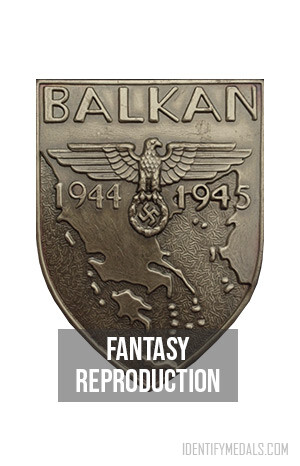
The Balkans Shield (Projected)
The Balkans Shield (Balkanschild) was a projected WW2 Third Reich decoration planned for participants in battes in the Balkans.
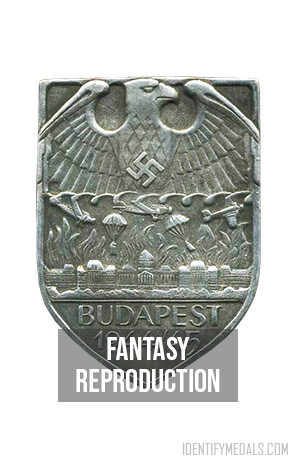
The Budapest Shield (Projected)
The Budapest Shield (Budapestschild) was a projected WW2 Third Reich decoration planned for participants in the Siege of Budapest.
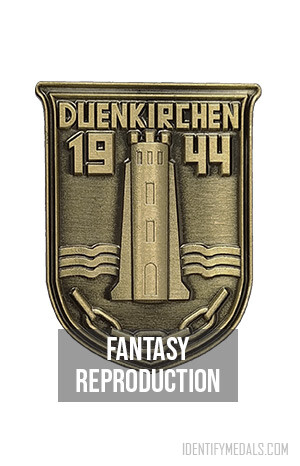
The Dunkirk Shield (Projected)
The Dunkirk Shield (Dünkirchenschild) was a projected WW2 Third Reich decoration planned for participants in the Siege of Dunkirk (1944–45).
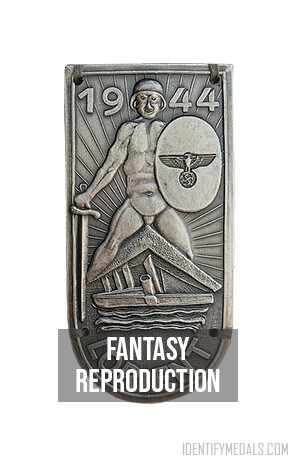
The Lorient Shield (Projected)
The Lorient Shield (Lorientschild) was a projected WW2 Third Reich decoration planned for participants in the Siege of Lorient (1944–45).
Ärmelschilde Number of Awards
Campaign shields were awarded to individuals who participated in specific military campaigns or battles. In some cases, individuals may have received multiple Ärmelschilde for participation in different ones over the course of their military service.

Narvik Shield
- Number of Awards: 8,527
- Service branches: Army, Air Force, Navy

Cholm Shield
- Number of Awards: 5,500
- Service branches: Army, Air Force

Crimea Shield
- Number of Awards: 250,000
- Service branches: Army, Air Force, Navy

Demyansk Shield
- Number of Awards: 96,000
- Service branches: Army, Air Force, Waffen-SS

Kuban Shield
- Number of Awards: 145,000
- Service branches: Army, Air Force, Navy

Warsaw Shield
- Number of Awards: None
- Service branches: Army, Air Force, Waffen-SS

Lappland Shield
- Number of Awards: Unknown
- Service branches: Army, Air Force, Navy

Stalingrad Shield (Projected)
- Number of Awards: None
- Service branches: Army, Air Force

Balkans Shield (Projected)
- Number of Awards: None
- Service branches: Army, Air Force, Navy, Waffen-SS

Budapest Shield
- Number of Awards: Unknown
- Service branches: Army, Air Force, Navy

Dunkirk Shield (Unofficial and locally produced)
- Number of Awards: Ca. 12,000 to 15,000
- Service branches: Army, Air Force, Navy

Lorient Shield (Unofficial and locally produced)
- Number of Awards: Ca. 10,000 to 12,000
- Service branches: Army, Air Force, Navy
Ärmelschilde Wearing and Display
Campaign shields are worn on the uniform sleeve, typically on the upper arm or shoulder area. They are usually sewn onto the uniform, although some modern versions may be attached using Velcro or other fasteners for easy removal and interchangeability.
The Campaign Shields After the War
Following an initial prohibition, the Federal Republic of Germany reinstated the wearing of numerous World War II military decorations in 1957. Among these were all official campaign shields, except for the Warsaw and Lapland Shields. These shields underwent redesign to eliminate the swastika emblem.
Members of the Bundeswehr were permitted to display the shields on their ribbon bar, symbolized by a miniature replica of the award on a field grey ribbon.

